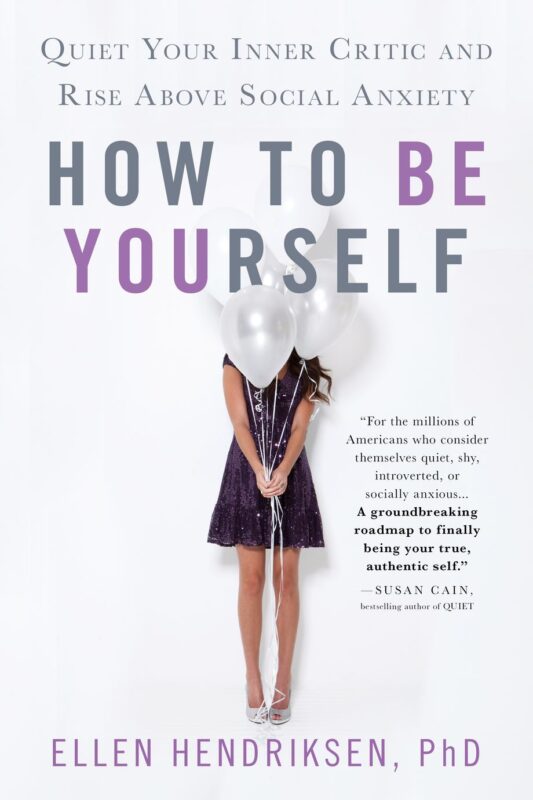
What I Wish the World Knew About My Child’s ADHD
ADDitude magazine asked readers to share what they most wish the neurotypical world would understand and respect about attention deficit disorder. Read more >>
Request an Appointment
English: 650.688.3625
Medi-Cal: 650.688.3650

What I Wish the World Knew About My Child’s ADHD
ADDitude magazine asked readers to share what they most wish the neurotypical world would understand and respect about attention deficit disorder. Read more >>

The Psychiatrist Can See Your Child Now, Virtually
With a growing shortage of mental-health professionals for children and adolescents, more health-care providers are turning to technology. With a rising number of teens and adolescents suffering from depression and anxiety, and too few professionals to help, remote video consults Read more >>

Executive Function Deficits in Kindergarten May Predict Academic Difficulties in Primary Grades
New Penn State research suggests that children’s executive function deficits may be an important risk factor for academic difficulties. Preliminary findings from a three-year National Science Foundation-funded project, recently published in Child Development, show that executive functions in kindergarten predict Read more >>

Bullying and Youth with Disabilities and Special Health Needs [downloadable]
Children with disabilities—such as physical, developmental, intellectual, emotional, and sensory disabilities—are at an increased risk of being bullied. Any number of factors— physical vulnerability, social skill challenges, or intolerant environments—may increase the risk. Research suggests that some children with disabilities Read more >>

How Teens Deal with Stress May Affect Their Long-Term Health
Most teens get stressed out by their families from time to time, but whether they bottle those emotions up or put a positive spin on things may affect certain processes in the body, including blood pressure and how immune cells Read more >>

Heavy Screen Time May Cause Premature Changes In Brain Structure Among Kids
Children who spend more than seven hours a day of screen time may experience premature thinning of the part of the brain that processes sensory information. The data comes from a $300 million research funded by the National Institutes of Read more >>

Boys Need Better Access to Mental Health Care. Why Aren’t They Getting It?
Mental health has become a crisis among America’s youth, and experts say the unique challenges and needs of young men are not receiving enough attention. Read more >>

Bullying Resources from the California State Department of Education [downloadable]
These frequently asked questions about bullying are extracted from key concepts presented in the California Department of Education’s publication titled Bullying at School (PDF). They are easy to adapt and provide information for educators, students, families, and community safety partners who Read more >>

How to Overcome Social Anxiety
Fifteen million Americans suffer from a diagnosable form of social anxiety, and millions more suffer from less severe but related phobias. Anxiety can be debilitating for people when it starts to undermine their daily lives. Ellen Hendriksen is a clinical Read more >>

What Every Parent Should Know About Working Memory
Think about the series of commands you might give your child on a school night: “It’s time for bed! Put away your toys, change into your PJs, and brush your teeth!” Maybe your child put away his toys and got Read more >>
English: 650.326.5530 | Español: 650.688.3650 | Fax: 650.688.3669
English: 650.326.5530
Español: 650.688.3650
Fax: 650.688.3669
English: 650.668.3625 | Español: 650.688.3650 | careteam@testing.chconline.org
English: 650.668.3625
Español: 650.688.3650
careteam@testing.chconline.org
© 2024 Children’s Health Council. All rights reserved.
CHC Palo Alto: 650 Clark Way, Palo Alto, CA 94304 | 650.326.5530
CHC South Bay: 2280 Kenwood Avenue, San Jose, CA 95128 | 408.831.7512
CHC Ravenswood: 1765 E Bayshore Rd, East Palo Alto, CA 94303 | 650.702.2487
CHC Palo Alto:
650 Clark Way, Palo Alto, CA 94304
650.326.5530
CHC South Bay:
2280 Kenwood Avenue, San Jose, CA 95128
408.831.7512
CHC Ravenswood:
1765 E Bayshore Rd, East Palo Alto, CA 94303
650.702.2487